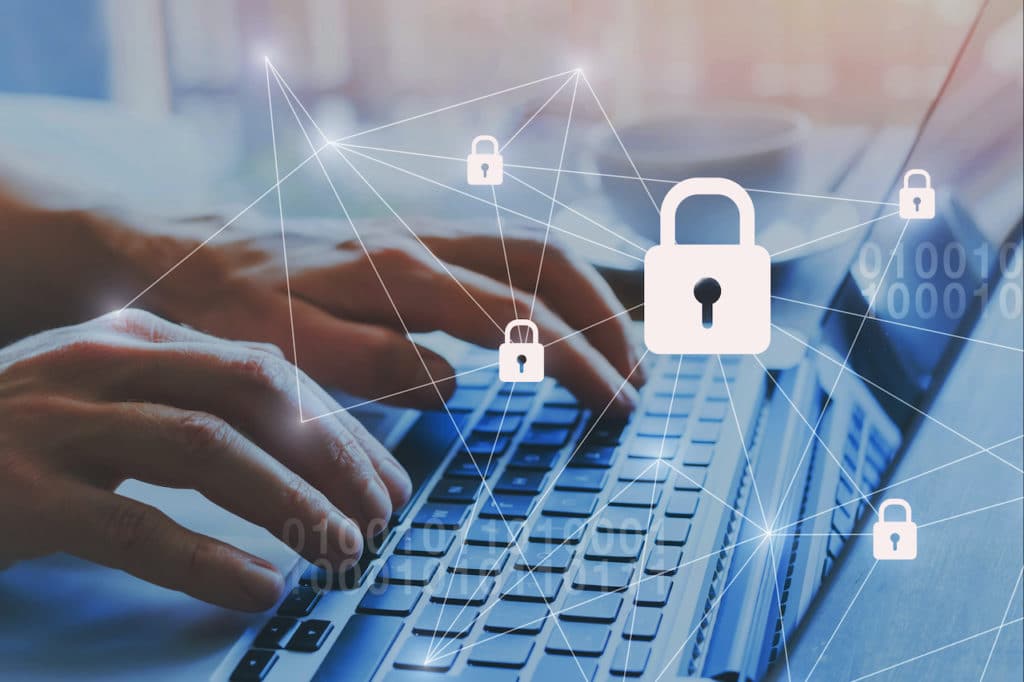The COVID-19 outbreak is changing the way we work. Whenever possible, businesses are now sending employees home to work remotely instead of congregating in an office.
The good news is that for many, this will be an opportunity to grow and adapt in ways that will help them in the future. Remote work arrangements have many benefits. You might be able to save money on office costs, and your workforce will have more flexibility if you have the tools in place to keep remote work options open in the future.
But with these new arrangements come new problems that need solving—one of them being remote cybersecurity.
Enterprises transitioning to remote operations and resulting overloaded networks expose weaknesses and vulnerabilities which cyber criminals are exploiting. Coronavirus-related scams and hacks are skyrocketing, with phishing attempts up over 600% in March. If you want your business to survive and thrive remotely, you need to make cybersecurity a priority.
Identify Phishing Attempts
Phishing attacks are always one of the most common tools attackers use, but they are especially common now. And although you should always use spam-blocking and malware protection software, these alone may not be enough to stop you from falling prey to phishing.
Phishing attacks usually rely on human error, someone handing over their information or clicking a link because they were deceived. So the very best thing you can do to prevent falling prey to phishing is to know how to recognize an attack.
You can often recognize these attacks simply by taking your time with your emails and training your staff to do the same. Here are some common features you can often use to distinguish a phishing attack:
- Misspelled or fake domain names: An email might be sent from a slightly altered domain name, like @appl.com instead of @apple.com.
- Spelling and grammar mistakes: Although businesses may make the occasional spelling mistake, messages with egregious errors or strange wording should not be trusted.
- Suspicious links or attachments: Hover your cursor over a link before clicking to see a full URL, and don’t open any attachments you weren’t expecting.
- Threats: Legitimate businesses will not threaten legal action or other negative consequences for withholding personal information.
- Payment requests: If you receive an unexpected payment request from an institution you do business with, contact them directly for clarification, and only make payments through their official website; never pay through an emailed link.
Several coronavirus-related phishing scams are currently circulating, targeting both businesses and individuals. Common ones may claim you need to submit personal information in order to receive a stimulus check, offer to sell you at-home coronavirus testing kits, or contain infected links supposedly linking to COVID-19 news and updates. Be wary of these types of offers or any message that sounds too good to be true.
You can stay up to date on other scams as they are reported by checking the FTC website.
Use Strong Password Security
While many businesses have put time and effort into protecting office systems, few families have done the same with home devices and networks. When your team starts to work remotely, your business is suddenly relying on the security of multiple routers and wifi connections—many of which could still be using the password they came with.
Make it your team’s policy to use strong, unique passwords, especially if they are relying on home networks or personal devices. Passwords should use a combination of letters, symbols, and numbers, and shouldn’t rely on basic dictionary words. This may make them easier to forget, but a secure password manager can make life easier while still allowing you to use secure passwords. Adding multi-factor authentication whenever possible is also a good idea, as this can prevent hackers from accessing your accounts and networks even if they obtain your login information.
Train Employees on Secure Practices
Many online scams rely on human error to grant them access to networks and data. That’s why effectively training your staff on best practices when it comes to online security is crucial, especially now that so many of them may be working remotely.
It’s not too late to put this training in place. Get in touch with your team to talk about safe practices online. Focus on how to spot phishing scams, train them never to download or even click on links from suspicious or unverified sources, to use strong passwords, and to install updates promptly. You should also keep them up to date regarding the latest security threats and encourage them to avoid oversharing online, as hackers can use public personal details to construct convincing phishing messages.
Install Security Features at Home
You probably have firewalls in the office to protect your router and network, but what about at home? If your employees are working remotely, their home networks will need to be sufficiently protected to ensure the safety of your confidential business data. Make it your policy to have firewalls installed on home routers. VPNs can also provide a source of network security for your remote networks.
Work with a Managed Service Provider
There are a surprising amount of factors to consider when transitioning to working remotely for the first time. Working with a Managed Service Provider can make the process much more straightforward and keep your business protected from cyber threats.
Tolar Systems provides businesses with top-quality Abilene IT support. We can assess your IT’s security for strengths and weaknesses before devising a personalized plan to keep your data secure, as well as offer you technology solutions for your remote and daily IT problems. Our round-the-clock will keep your business safe during this pandemic and beyond.

